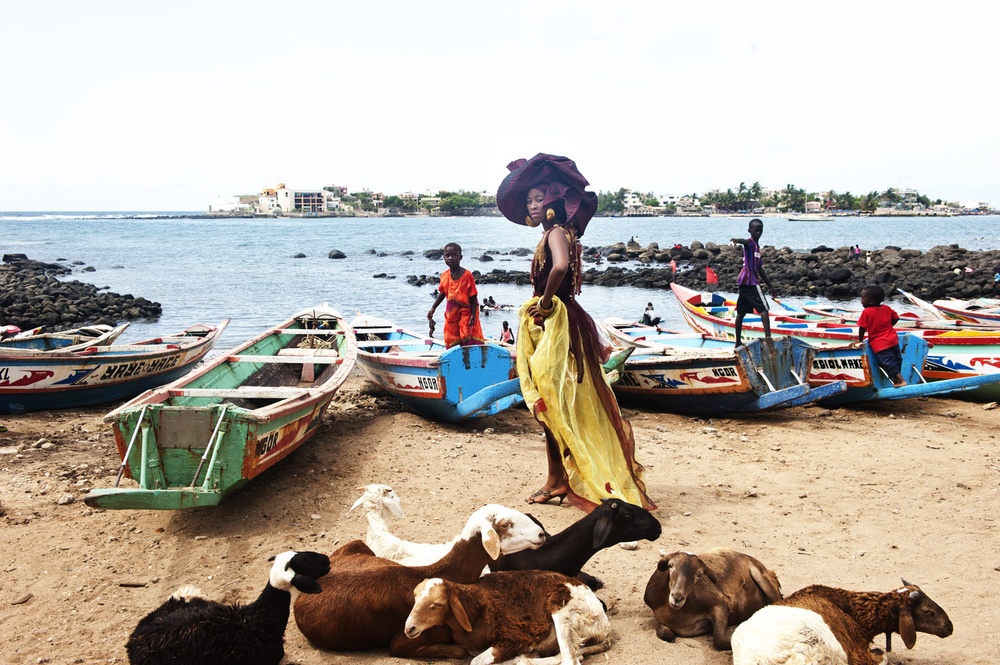By Irene Gaitirira
Published July 23, 2019
 Kenya is committed to tackling some of the world’s most pressing ocean issues.
Kenya is committed to tackling some of the world’s most pressing ocean issues.
“The blue economy is the future, and as the Commonwealth, we must work together to find ways to take advantage of the ocean’s vast resources in a sustainable and responsible manner,” said Salim M Salim of Kenya’s Ministry of Foreign Affairs during a four-day conference in the British capital, London.
RELATED: Transforming African Agribusiness with Tech
Kenya is one of 12 countries that has stepped forward to lead ‘action groups’ under the Blue Charter – a commitment made by the 53 Commonwealth member states – to work together to solve ocean-related problems.Kenya is in charge of sustainable blue economy.
During the meeting that brought together participants from the 12 ‘Champion countries of the Commonwealth Blue Charter’ June 18 – 21, 2019, delegates lay the groundwork for joint action and developed strategies to tackle what they termed as the world’s most pressing ocean issues. They also focused on strategies to rally members, mobilise resources for collaborative projects and boost public awareness. Kenya leads action on sustainable blue economy for the Commonwealth Blue Charter.
RELATED: United World Colleges Opens School in East Africa
 Nicholas Hardman-Mountford, Commonwealth Head of Oceans and Natural Resources, said: “The Commonwealth Blue Charter fills the gap between high level global commitments and concrete cooperation on the ground, where member countries can help, inspire, motivate, and learn from each other, in order to achieve our shared ocean goals. The All Champions meeting this week has set a roadmap to the future and we are excited to deliver on it.”
Nicholas Hardman-Mountford, Commonwealth Head of Oceans and Natural Resources, said: “The Commonwealth Blue Charter fills the gap between high level global commitments and concrete cooperation on the ground, where member countries can help, inspire, motivate, and learn from each other, in order to achieve our shared ocean goals. The All Champions meeting this week has set a roadmap to the future and we are excited to deliver on it.”
On her part, Patricia Scotland, Commonwealth Secretary-General, said: “We are determined for our collective engagement on the Commonwealth Blue Charter to focus on practical action, and for our response to be guided principally by those who experience most acutely the difficulty and trauma of ocean and climate-related challenges. They will be further supported by the acuity and knowledge of all the partners we can find, with the emphasis always on action.”
RELATED: Global Travel Retail Market Size to Double by 2023
 Besides setting aside a day for networking, intensifying partnerships, linking up countries with potential partners from the private sector, academia, civil society, philanthropies and the international development community, participants in the meeting dubbed ‘Commonwealth Blue Charter All Champions’ also also discussed what was described as priorities leading up to the next Commonwealth Heads of Government Meeting in Rwanda in June 2020 with the UK Foreign and Commonwealth Office.
Besides setting aside a day for networking, intensifying partnerships, linking up countries with potential partners from the private sector, academia, civil society, philanthropies and the international development community, participants in the meeting dubbed ‘Commonwealth Blue Charter All Champions’ also also discussed what was described as priorities leading up to the next Commonwealth Heads of Government Meeting in Rwanda in June 2020 with the UK Foreign and Commonwealth Office.
Salim, who led the Kenyan delegation, said the London meeting had “provided the time and space for Kenya to once again demonstrate its leadership role in championing the sustainable blue economy.”
Other action groups of the Commonwealth Blue Charter include: Aquaculture (led by Cyprus), Coral Reef Protection and Restoration (Australia, Belize, Mauritius), Mangrove Restoration (Sri Lanka), Ocean Acidification (New Zealand), Ocean Observations (Canada), Ocean and Climate Change (Fiji), Marine Plastic Pollution (United Kingdom, Vanuatu) and Marine Protected Areas (Seychelles).
RELATED: Why Africa Should Focus on Ocean Economy as Engine for Development





